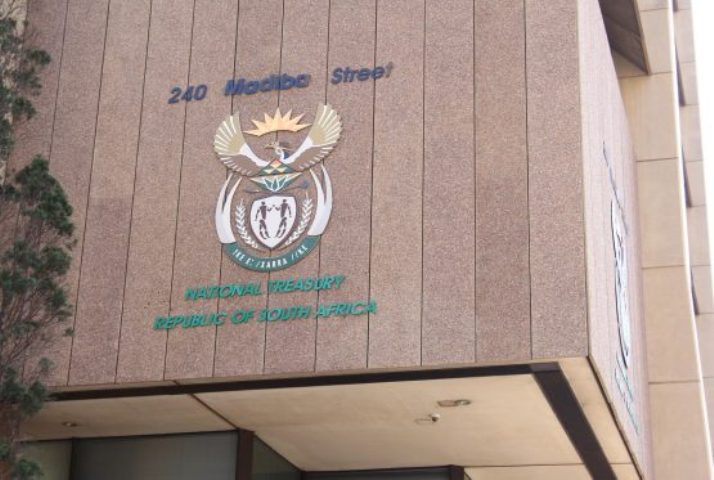National Treasury Announces Action Plan to Strengthen SA's Procurement Systems
National Treasury views the findings as valuable opportunities for growth, with a focus on enhancing procurement efficiency, accountability, and value for stakeholders.

- Country:
- South Africa
National Treasury has committed to addressing the identified gaps in South Africa’s procurement framework, following an assessment using the internationally recognized Methodology for Assessing Procurement Systems (MAPS).
The assessment, conducted in collaboration with the Organisation for Economic Co-operation and Development (OECD), World Bank, African Development Bank, and several public and private organizations, highlighted both the strengths and areas requiring improvement in the country’s public procurement system.
National Treasury views the findings as valuable opportunities for growth, with a focus on enhancing procurement efficiency, accountability, and value for stakeholders. “While the report identifies several areas that need additional attention, we view these findings as opportunities for continuous growth and improvement,” said the Treasury in a statement.
Key Areas Identified for Improvement
The MAPS assessment highlighted several weaknesses that need urgent attention, including:
Complex and fragmented legal and regulatory frameworks hinder efficient procurement processes.
Lack of comprehensive procurement planning across various public entities.
Insufficient use of e-procurement systems, resulting in inefficiencies.
Challenges in maintaining transparency and confidentiality, especially during the contract execution phase.
Inadequate professionalization and capacity-building in the procurement workforce.
Delays in payments to suppliers, creating cash flow challenges.
Limited access to procurement data and statistics, which affects transparency and oversight.
Weaknesses in internal control systems, which increase the risk of fraud and corruption.
The report also flagged minimal involvement of civil society organizations in procurement processes, ineffective multi-agency strategies to combat corruption, and weak whistleblower protections as critical areas requiring reform.
Progress and Reforms: Public Procurement Act
In response to the assessment, National Treasury pointed to significant reforms already in motion. The Public Procurement Act (Act 28 of 2024), signed into law by President Cyril Ramaphosa in July 2024, is a key step in addressing some of the issues highlighted in the MAPS report. The Act consolidates procurement provisions from multiple legal frameworks into a single, streamlined system, which simplifies processes and reduces complexity.
Proactive Steps Moving Forward
National Treasury outlined several measures to improve the procurement system, including:
Development of a sustainable public procurement strategy to guide procurement practices.
Strengthening procurement transparency, including better publication of procurement information and improving access to procurement statistics.
Enhancing the digital environment, with a greater emphasis on e-procurement and open contracting data standards.
Professionalisation of the Supply Chain Management (SCM) workforce, through a professionalisation roadmap to build capacity.Improving audit and internal control frameworks to ensure better oversight and accountability.
Strengthening anti-corruption strategies to fight procurement fraud more effectively.
Improved whistleblower protections to ensure safer reporting of corruption and misconduct.Regular monitoring and evaluation to assess the progress and impact of the reforms.
Collaborative Approach to Reform
National Treasury emphasized the importance of collaboration with all stakeholders to implement the necessary changes and strengthen the procurement system. This includes partnerships with public, private, and civil society organizations as part of the Public Procurement Improvement Programme, designed to ensure compliance and streamline processes.
“We are committed to making these reforms a reality, working closely with all stakeholders to ensure a procurement system that is efficient, transparent, and delivers value for all South Africans,” National Treasury concluded.
With these comprehensive steps in place, South Africa aims to improve public procurement processes, enhance efficiency, and tackle corruption, ultimately building a stronger and more accountable government procurement framework.










